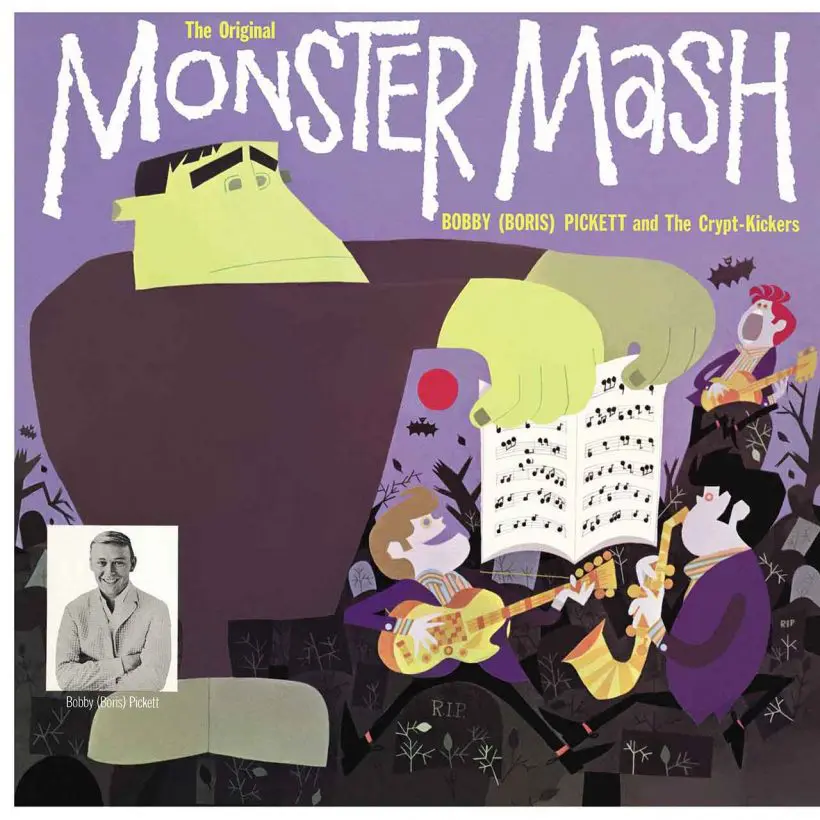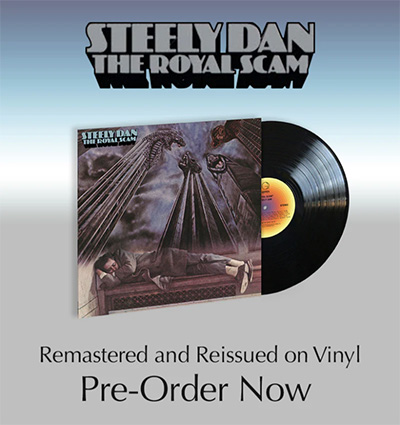‘Monster Mash’: The Story Behind The Song Too Morbid For Radio
A novelty song that defines Halloween, ‘Monster Mash’ was recorded by Bobby ‘Boris’ Pickett in less than an hour. It got banned by the BBC, but refuses to die.

We say “we’ve created a monster we can’t control” when a situation gets out of hand, but you could say that happened literally to Bobby “Boris” Pickett’s infamous novelty Halloween hit “Monster Mash.”
Spooky, infectious, and full of ghoulish fun, “Monster Mash” is synonymous with Halloween and – like all great novelty songs – it was dashed off in barely an hour. Yet, however inadvertently, the song has courted controversy and can stake its claim as the “God Save The Queen” of the horror rock genre.
An aspiring actor by day, but by night the frontman of a local band called The Cordials, Massachusetts singer Bobby Pickett and his bandmate Leonard Capizzi wrote “Monster Mash” in 1962, intending to cash in on then prevalent dance crazes such as The Twist and The Mashed Potato.
Capizzi knew Pickett could do an eerily accurate impression of legendary horror film actor Boris Karloff and encouraged him to use it in their new song. Accordingly, the lyrics were full of classic horror imagery (“The Zombies were having fun… The guests included Wolf Man, Dracula, and his son”), and Pickett’s vocal deliberately aped the creepy Karloff.
Pickett and Capizzi recorded “Monster Mash” with an all-star band (credited as The Crypt-Kickers) including pianist Leon Russell and The Ventures’ drummer Mel Taylor. In the US, it was released through producer Gary S. Paxton’s Garpax label, while London Records issued it in the UK. Seeing the light of day in the autumn of 1962, “Monster Mash” seemed the ideal Halloween single, but it spooked the BBC who banned it, feeling the song was “too morbid” for the airwaves.
Inevitably, the ban only added to the frisson of danger surrounding “Monster Mash,” which – with help from a Mashed Potato-style dance involving Frankenstein-esque monster gestures – topped North America’s Billboard chart in time for Halloween 1962. The BBC stood firm, but were forced to relent when this enduring “graveyard smash” got a second jolt from its mad scientists’ electrodes and shot up to No. 3 in the UK in 1973.
Listen to our Spooky Season playlist, and check out our list of the best horror movie soundtracks.












